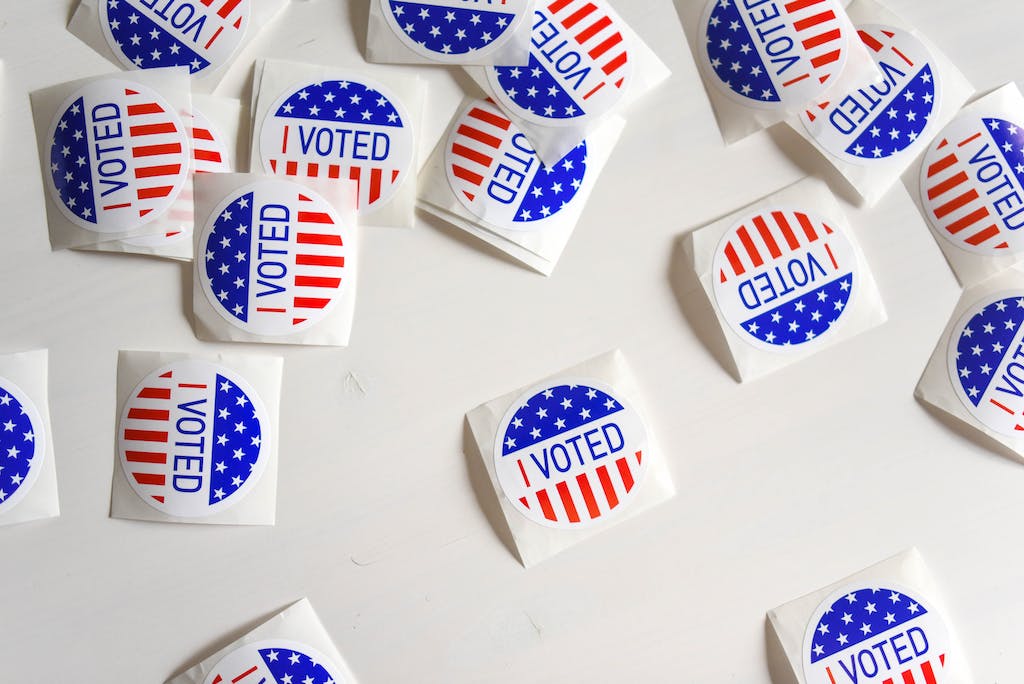A new South Carolina bill would require school board candidates to register by party and run in partisan elections. The proposal, announced on X (formerly Twitter) via the bill’s main sponsor, S.C. Rep. Adam Morgan, quickly drew strong reactions from both sides of the discussion, and resurfaced a political debate that spanned weeks in 2022.
ACCORDING TO THE BILL
For school districts having general elections in November of even-numbered years (which is most of them), the candidate filing window would be March 15-30 and primary elections would ostensibly take place in June. Candidates in the remainder of districts would have primaries three months before their normally scheduled general election; and they would need to file for election at least 60 days before that primary.
BACKGROUND
Board members are elected in most, though not all, of South Carolina’s 74 school districts. But with the exception of two counties—Horry and Lee—candidates run in nonpartisan races. Most states take the same nonpolitical approach. As of last year, 41 states adhered to nonpartisan school board races, according to Education Week. That could change, however, as more states introduce bills asking candidates to declare a party affiliation.
North Carolina is famously somewhere in the middle on this issue, where just under half of its school board elections will be partisan this year, according to North State Journal. Four districts—Catawba, Hickory, Newton-Conover and Polk—joined that list following a 2023 law change.
Discussions about partisan elections and school boards are not new to South Carolina. After a lengthy debate during the 2022 legislative session, S.C. lawmakers passed a bill to make board elections for the Lancaster County School District partisan. Those in support of the measure argued it would bring more transparency to school board races, particularly for a county that is trending in a conservative direction. Those in opposition worried it would inject unwanted politics into education governance and distract from student needs.
The effort would die, though not for reasons one might expect. S.C. Gov. Henry McMaster vetoed the bill shortly after its passage on the grounds that it was unconstitutional local legislation. Specifically, he cited Article VIII of the South Carolina’s Constitution, which prohibits the enactment of “laws for a specific county,” and Article III, which states that “where a general law can be made applicable, no special law shall be enacted.”
What is relevant for today’s purposes is that, in his veto message, McMaster suggests he might support partisan school board elections as statewide policy. He writes:
“Accordingly, while I commend the bill’s sponsors for their attention to this important issue, because I am concerned that H.4800 appears to violate the constitutional prohibition on local or special legislation, I am compelled to veto the same. Nevertheless, I would encourage the General Assembly to consider the underlying proposal on a statewide basis.”
So, what are the odds of this new bill passing? I would say pretty unlikely. It would need to pass the House by April 10, based on legislative rules, to have a shot at becoming law this session. And while that might seem like a long time away, I expect the House will stay busy with other issues, including the state budget, in the coming weeks and months.
But future years could tell a different story, as the partisan question will likely continue to surface. And if the past is any indication, the debate will be intense.

